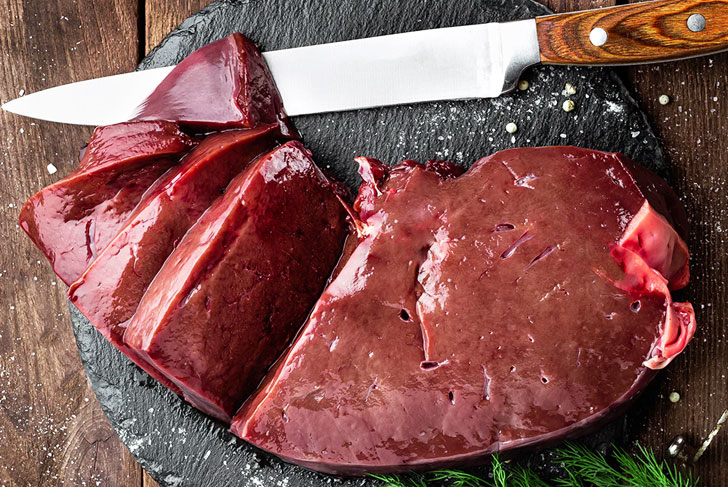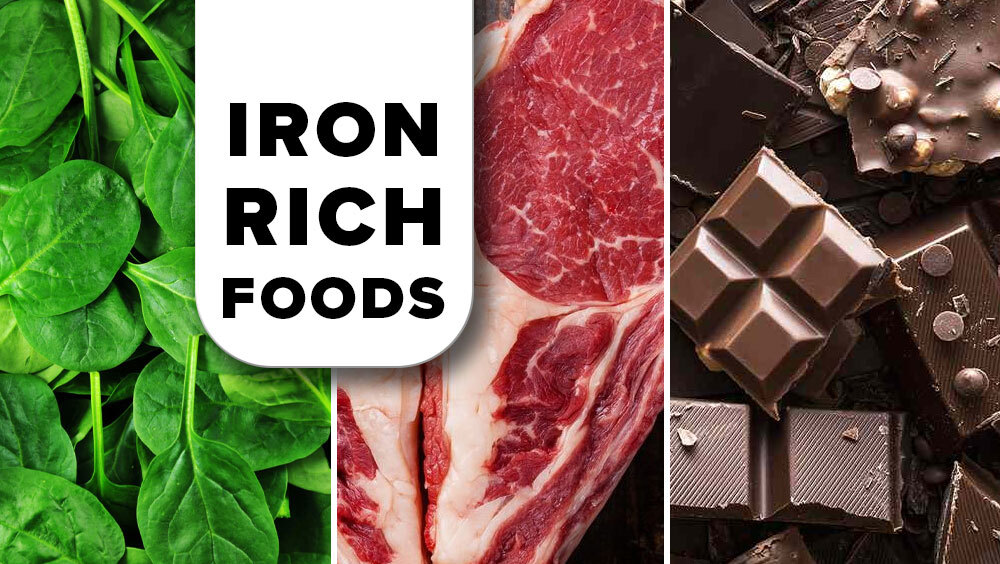Dive into the world of iron-rich delights and elevate your daily intake! From the deep greens of spinach to the tender cuts of red meat, our list of Foods That Are High In Iron will not only tantalize your taste buds but also ensure your body gets its fill of this essential nutrient. Say goodbye to fatigue and hello to energy, because these iron-packed foods are here to fuel your days and supercharge your nights. Ready to explore and eat your way to better health? Let's embark on this culinary adventure together!
Liver (Beef)
Nutritional Facts: 100 grams serving cooked
Calories: 135 cal
Protein: 20 grams
Carbohydrates: 3.9 grams
Iron: 6.2 milligrams
Sodium: 70 milligrams

Beef liver stands out not only as a culinary delicacy for many but also as a powerhouse of nutrition. Arguably the most significant source of iron, it's particularly rich in heme iron, a type that's easily absorbed by the body. This makes beef liver an ideal food choice for those looking to boost their iron intake, especially for individuals with iron-deficiency anemia. But its benefits don't stop there. Beef liver is also abundant in essential vitamins and minerals. Vitamins A and B found in beef liver contribute to good vision, support the immune system, and aid in the metabolism of fats, carbohydrates, and proteins.




